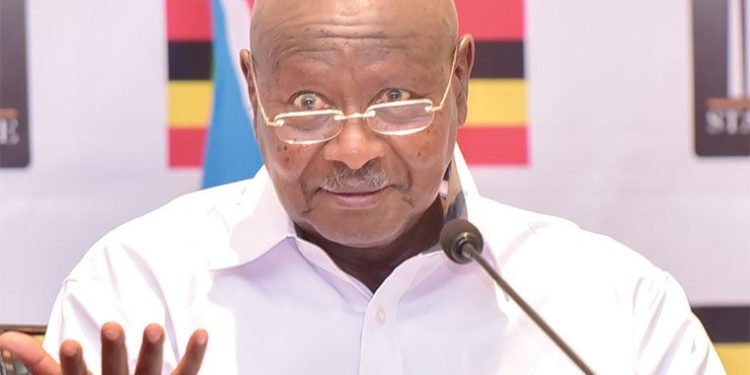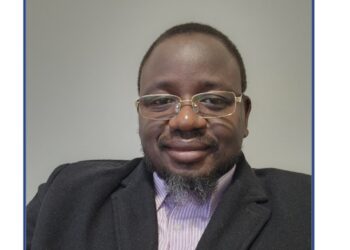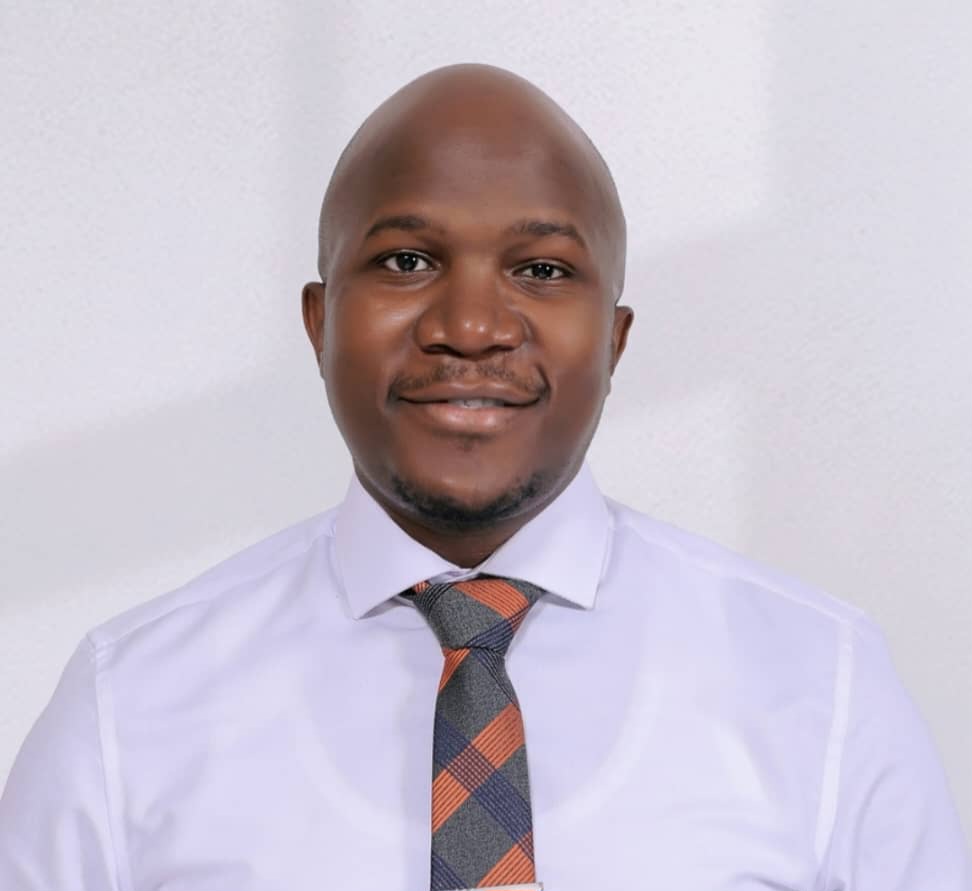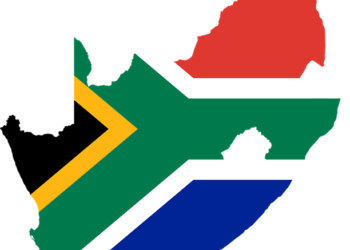Like the ruling National Resistance Movement, Opposition parties including FDC, DP, JEEMA and others are nursing political wounds sustained from recent electoral losses to the newest comer, the National Unity Platform. This could have partly informed the background for FDC’s indefinite postponement of a meeting with the ambassadors of the European Union bloc.
The E.U like other Western powers are coming out stronger this time round than previously in regard to the conduct of elections in Ugandan. They are particularly concerned with the issue of human rights. Yet, graver electoral excesses have happened before in their full gaze without them opening an eyelid. In the recent election, the FDC presidential candidate suffered more physical harms and humiliations at the hands of security forces but the foreign focus concentrated only on the NUP candidate. A question therefore comes; beyond the human rights rhetoric, what is the West’s deeper strategic interest in Uganda’s political landscape this time that has not been the case before? Whereas elite Ugandans can do it, few often interrogate these dynamics for their precise motives.
It is paramount, for example, to try and understand why prior to the judgment from the Ugandan Supreme Court regarding the validity of president Museveni’s ‘victory,’ Western powers including the E.U, U.K and U.S simultaneously this February took robust measures with grave implications on Uganda’s political future.
Whereas, more than ever, the measures pose a historic threat to president Museveni’s grip on power by effectively depriving him of his treasured mastery theory of violence, their motivation has to be examined by the local Opposition leadership before applauding.
The EU Parliament Demands
On February 11, the European Union passed a resolution spelling out strong demands for Museveni to comply with or face sterner consequences. The text faults the Ugandan election process of not being democratic and transparent. It condemns the violence, the systematic crackdown on political opposition leaders, suppression of civil society actors, human rights defenders and media as well as the disruption of social media platforms and internet blackouts.
Among other key highlights of it are:
· Government to unconditionally drop all charges of all those arrested and detained for participating in peaceful political assembly or exercising their right to freedom of expression and association, including the Sakharow fellow Nicholas Opiyo;
· Government to stop ‘weaponising’ and using the COVID-19 pandemic as a pretext for Ugandan law enforcement agencies to introduce laws and policies that violate international law and roll back human rights guarantees, including unduly restricting the rights to freedom of peaceful assembly and freedom of expression.
· …. Respect the freedom of expression and the right to peaceful and safe assembly, including the free movement of all political actors and their supporters.
· …Sanctions against individuals and organisations responsible for human rights violations in Uganda must be adopted at the EU level under the new Magnitsky Act.
The above practically imply thus: whatever the outcome of the court process, the E.U parliament will not recognize Museveni as a legitimate leader. Hence very soon it is going to influence a review (suspension) of E. U’s cooperation protocols with Uganda, unless Museveni reconsiders his conduct.
The United Kingdom
Without giving Museveni an opportunity to rethink his approaches to the current political and security challenges, the U.K has swiftly implemented measures to detach itself from gruesome actions of the Ugandan armed forces.
London has frozen about £40,909 worth of aid to the Uganda Police Force, Uganda Prisons Service and Uganda People’s Defence Forces. Announcing the measures on February 10, the U.K Under-Secretary of State for Africa, James Duddridge, said his government is reviewing other cooperation programs with Uganda.
For the UK to come aboard at this time, after initially endorsing the Ugandan electoral exercise, speaks of a behind the scenes force, trying to build a Western coalition on the Ugandan situation. After the US and EU had pronounced their displeasure with Kampala, it was only the UK left to complete the full Western psyche.
The United States
On February 8, USS Hershel Williams—ESB 4, a U.S naval ship docked at the Indian Ocean coastal city of Mombasa, about 800 miles from Kampala. According to the commander, Capt. Michael Concannon, the mission confirms America’s commitment to the security and stability of Africa. This obviously factors in the security conditions in Uganda, where the government accuses foreigners of instigating an insurgence. By all ways, however, the marine military facility must be having radars raised high on Uganda. But more significantly, after President Joe Biden declaring a new foreign policy of ‘America is back,’ wider implications point to Washington resuming old roles of directly policing the world rather than doing it through proxies. Ultimately this makes fewer days remaining for the African Union mission in Somalia—Amisom, and finally ending Uganda’s troop-contributing role in the Horn of Africa.
When the West Acts Together
Happening at this time, the above actions can neither be described as coincidental nor innocent. They are intended and specifically proposed to a goal. They are happening in February 2021 at the turn of a new decade. At this same time ten years ago, events took place in the North African region—Tunisia (2011), Egypt (2011) and Libya (2012).
A thesis study by this author in 2017, ‘…Understanding the threat of social media on the development and stability of Africa,’ revealed that the West contributed about 16% to the events of the Arab Springs, just in third place after dictatorship (19%) and social media (26%) in second and first place respectively. Overstay in power (10%) came in fourth position.
Reflecting on the impact of those events today, change in human development indices of areas like child motility, access to health care, clean water and general infrastructure development is not significantly inspirational. But broadly speaking Chinese traces are gradually getting completely erased from that region. This is very motivational for the West and logical for it to inspire similar changes in other African regions. But to what extent does a decline in Chinese advances in Africa can be an issue of strategic interest to Africans?
While Africans can share values with the West in areas such as human rights, democracy and other civil liberties; economic interests of the two are poles apart. While the West seeks to secure the future for its grandchildren; Africans are struggling for day-today survival. Therefore, any force seeking leadership in Africa must place these dynamics in their proper positions. Whereas China is offering the continent what has become to be termed as ‘odious debts’ but with efforts to help it service the debt burden; the West maintains the continent in perpetual receipt of aid, with little effort to turn Africa into an aid donor.
Why Museveni Must Directly Engage the Traditional Opposition
1. They are the remaining force to offer an acceptable voice—untainted with impunity, arrogance and corruption scandals.
2. They are equally sidelined by the ‘generational’ new Uganda forces.
3. They represent true Ugandan interests, having been oriented to the same right from independence days.
Looking forward, short of a political consensus, the next five years promise mayhem and less meaningful governance delivery. It is going to be a panicky and scare-full approach for survival of the NRM establishment as the Opposition asserts to occupy political space across the country. In due course grave mistakes, grave retardation across all sectors are imminent.
The author works with the Department of Mass Communication, Islamic University in Uganda
Do you have a story in your community or an opinion to share with us: Email us at editorial@watchdoguganda.com













